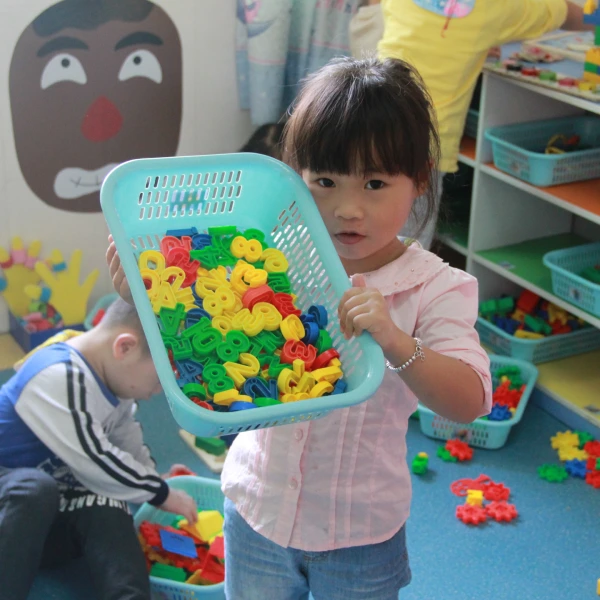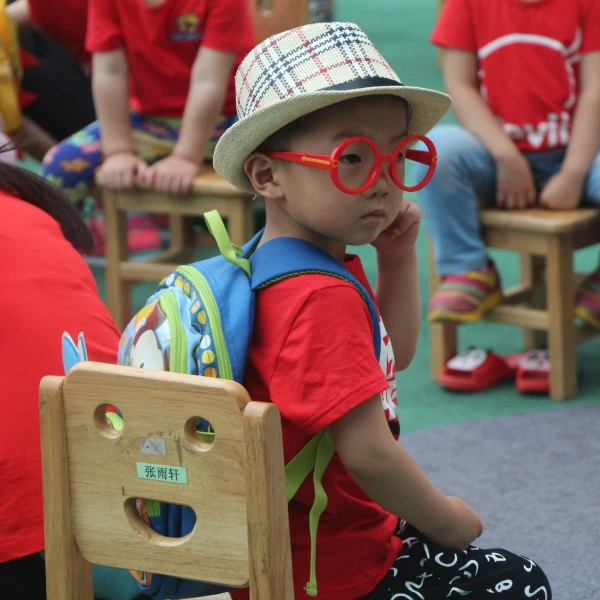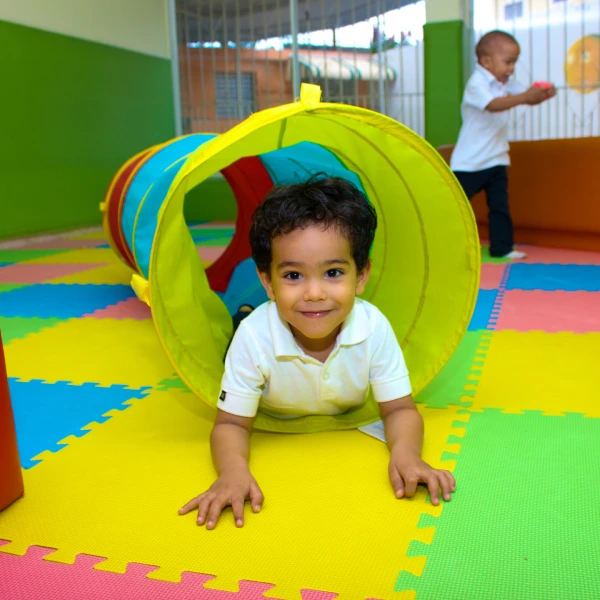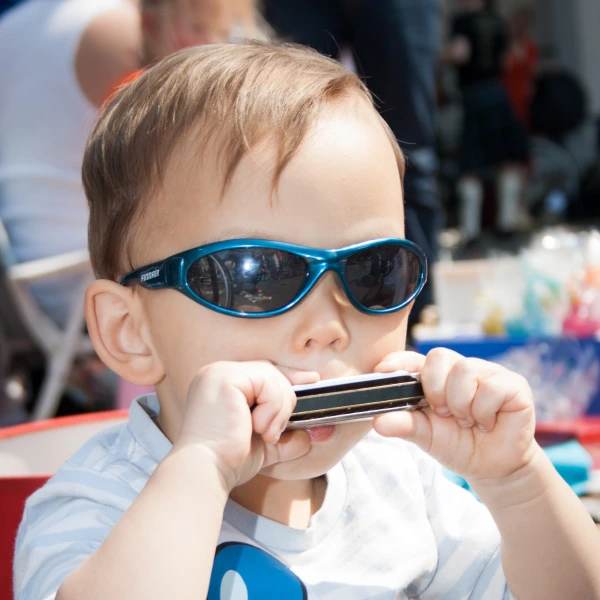In the realm of early education, “The Importance of Mindfulness” emerges as a guiding principle, a transformative force that transcends conventional teaching approaches. This exploration delves into the profound impact of mindfulness practices, illuminating how they contribute to the holistic development of young minds.
Within the educational landscape, mindfulness becomes a conduit for cultivating self-awareness, emotional regulation, and a keen sense of presence. It shifts the focus from rote learning to a deeper understanding of one’s thoughts and emotions, laying the foundation for enhanced cognitive and social-emotional skills.
This guide navigates the practical applications of mindfulness in the early education setting, acknowledging it as a versatile tool that can be seamlessly integrated into daily routines. From mindful breathing exercises to sensory awareness activities, educators and caregivers discover how these practices create a calm and focused learning environment.
The narrative unfolds the role of mindfulness in fostering positive relationships and a sense of community among young learners. By encouraging empathy and compassionate understanding, mindfulness becomes a catalyst for building a supportive and harmonious classroom atmosphere.
As we delve into the importance of mindfulness, the guide acknowledges its role in stress reduction for both educators and students. Mindfulness practices offer a respite from the fast-paced nature of academic demands, providing moments of reflection and rejuvenation throughout the school day.
Mindfulness in early education is not confined to the individual; it extends to the collective consciousness of the classroom. This exploration illuminates how group mindfulness activities create a sense of unity, promoting cooperation, and enhancing the overall well-being of the learning community.
The guide extends its gaze to the benefits of mindfulness in developing attention and concentration skills. By fostering an environment that encourages focused awareness, educators witness an improvement in students’ ability to engage with learning materials and tasks.
Mindfulness becomes a tool for cultivating resilience in the face of challenges. Through practices that promote a non-judgmental awareness of thoughts and emotions, young learners develop coping mechanisms that contribute to their emotional well-being and adaptability.
This exploration unfolds the connection between mindfulness and enhanced creativity. By encouraging a mindset of curiosity and openness, mindfulness practices stimulate imaginative thinking and the exploration of novel ideas among young minds.





0 Comments